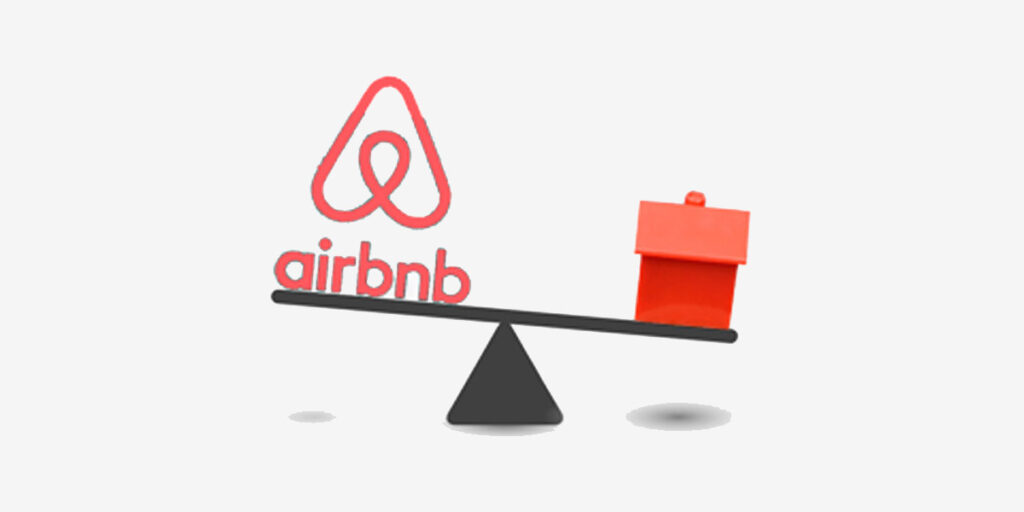In tourism hot spots across Australia, homelessness is on the rise.
A recent NSW Planning Department discussion paper on the rental market showed that since 2019, rents have increased by 38 per cent, and as of December 2023 in Greater Sydney vacancy rates have reduced to just 1.7 per cent.
“As housing affordability in NSW has decreased, people have become concerned that owners are making fewer properties available for long-term use, and that this may be contributing to a rise in costs,” the paper stated.
There are two main proposed changes to the short-term rental market, both created in the hope that owners will make more properties available to longer term renters.
The first is both a decrease to the number of days per year a property can be on the short-term market, as well as a cap on the number of guests.
Both of these suggestions have received pushback from Airbnb and Stayz, which made formal submissions to the paper.
Airbnb stated a reduction of days were “ineffective” in their experience, and “unintended practical implications” would arise under guest caps.
The second approach is to have a levy attached to guests’ bills.
Victoria has already begun this second approach, and from 2025 will introduce a 7.5 per cent levy to short term stays, excluding hotels. It is believed this will contribute roughly $70 million per year to the state.
Both Airbnb and Stayz are more open to a levy, with Expedia, which owns Stayz, backing the idea on the proviso that all accommodation – including hotels – were subject to the cost.
Stayz senior director Eacham Curry denied any link between short-term rentals and housing issues, while Airbnb conceded to a link between the two.
Michael Johnson, CEO of Accommodation Australia (AA) said the levy is fair, commenting that “Accommodation hotels do not contribute to the removal of housing stock from the long-term rental market and, therefore, should not be levied with a tax to address rising rental costs”.
Johnson pointed out that hotels and other regulated commercial accommodation providers already pay a raft of compliance costs.
“By contrast, other types of short-term rental accommodation have very little regulatory costs and the number of properties taken out of the rental market just keeps rising – particularly in regional areas where it is a real problem for our potential hotel workers to find their own accommodation,” he said.
Stacey McBride, NSW general manager for AA, said the Association’s position was supported by the Victorian Government’s recent decision, which excludes hotels.
“There is no evidence to suggest accommodation hotels place meaningful pressure on the broader housing market or the long-term rental price,” McBride said.
“To put it simply, to bring in a new levy upon hotels would be both unfounded and unfair. It would make NSW less attractive for major events and conferences organisers. Why give the other states and territories a competitive edge – for once, NSW should follow Victoria’s lead.”

